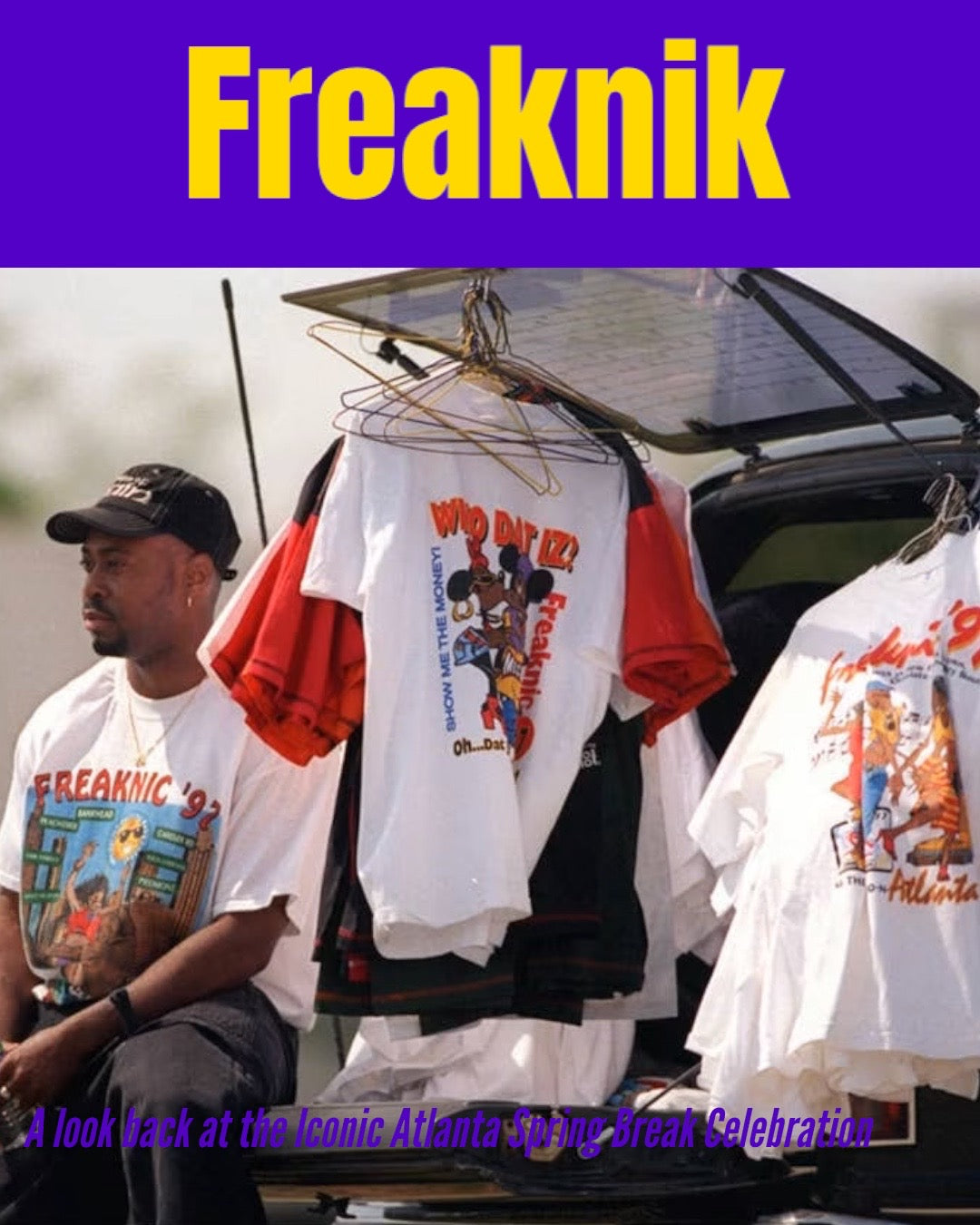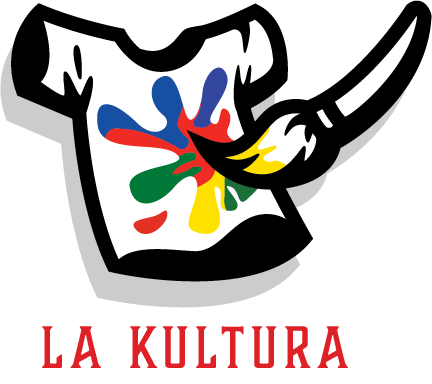
Freaknik: A Look Back at the Iconic Atlanta Spring Break Celebration
Share
Freaknik: A Look Back at the Iconic Atlanta Spring Break Celebration
Freaknik was an annual spring break celebration that took place in Atlanta, Georgia from the mid-1980s to the late 1990s. The event was a massive gathering of predominantly African-American college students from across the United States, who came to Atlanta to party, socialize, and enjoy the vibrant culture of the city. In this blog post, we'll take a closer look at the history and legacy of Freaknik.
History of Freaknik
Freaknik was first held in Atlanta in 1983, initially as a small gathering of local college students who wanted to celebrate spring break. Over the years, the event grew in popularity and size, eventually attracting tens of thousands of people from all over the country. The name "Freaknik" was derived from a nickname for Atlanta's historic HBCU (Historically Black Colleges and Universities) Clark Atlanta University, whose annual spring festival was known as "The Freaknic."
The event was known for its wild parties, live music performances, and parades of cars, with attendees cruising up and down Atlanta's main thoroughfares and engaging in all manner of revelry. However, the event was also notorious for its rowdy and at times dangerous behavior, with reports of violence, sexual harassment, and property damage associated with the event.
Legacy of Freaknik
Freaknik became a cultural phenomenon, with its impact felt beyond Atlanta and throughout the African-American community. The event was often referenced in popular music, movies, and television shows, and became a symbol of black youth culture in the 1990s.
However, as the event grew in size and notoriety, it also became a source of controversy and concern for many Atlanta residents and city officials. In the late 1990s, the city of Atlanta began cracking down on Freaknik, instituting stricter traffic and safety regulations and limiting the number of participants. By the early 2000s, the event had largely faded away, although there have been occasional attempts to revive it in recent years.
Despite its flaws and controversies, Freaknik remains a significant cultural touchstone for many in the African-American community, representing a time when black college students could come together and celebrate their identity and culture in a way that was unapologetically joyful and free-spirited. While the event may never return in its original form, its legacy lives on as a symbol of black youth culture and the power of community and celebration.
